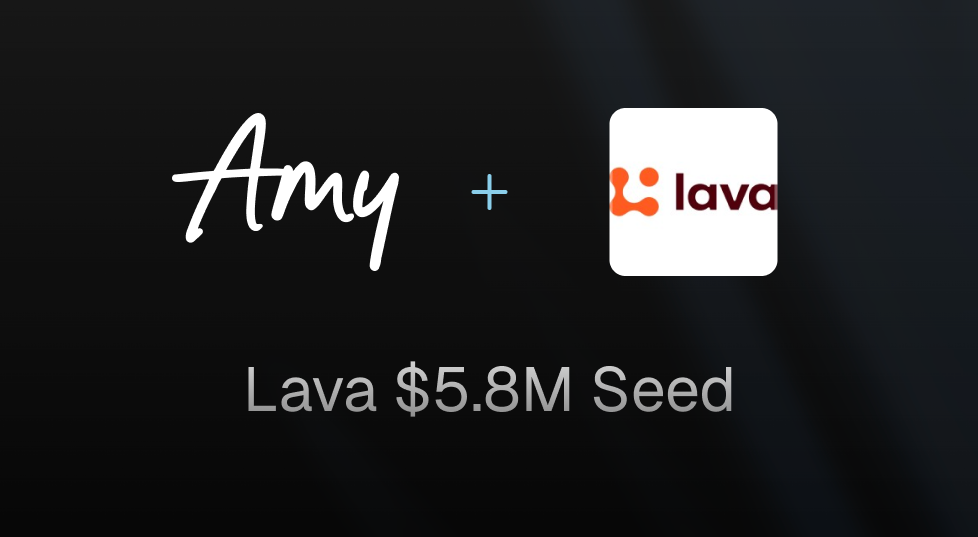Executive Summary
Company Name: Lava Payments
URL: https://www.lavapayments.com/
Description: Lava Payments is a fintech company that provides a universal digital wallet for the AI-native web, enabling autonomous agents to transact seamlessly without repeated user approvals.
Funding: Raised a $5.8 million seed round led by Lerer Hippeau, with participation from Harlem Capital, Streamlined Ventures, and Westbound.
Primary Value Proposition: To provide the infrastructure for an interconnected "agent economy" by removing payment friction for AI agents.
Company Overview:
Business Model: Lava Payments operates on a wallet-based payment system that allows AI companies to monetize through credits, usage, subscriptions, or hybrid pricing.
Target Market: AI companies and developers who need a flexible and efficient way to manage payments.
Product/Service Portfolio: The core product is a digital wallet that uses "usage credits" to facilitate transactions across various AI platforms and services.
Geographic Presence: The company is based in New York, but its services are available globally.
Leadership Team:
Founder: Mitchell Jones is the founder and CEO of Lava Payments.
Professional Backgrounds and Expertise: Mitchell Jones has a background in fintech and has previously founded other companies, including the Y Combinator-backed startup, Lendtable. He has also worked at Goldman Sachs and Meta.
Previous Experience and Track Record: Jones has a track record of building and scaling fintech companies.
Competitive Landscape:
Direct Competitors: Stripe, Metronome, Schematic, Stigg, Wingback, Hyperline, Chimoney
Market Positioning: Lava Payments is positioning itself as a foundational layer for the "agent-native economy," differentiating itself by focusing on the unique payment needs of AI agents.
Competitive Advantages: The company's key advantage is its focus on a unified wallet system that simplifies the payment process for AI-driven transactions.
Market Adoption: The success of Lava Payments will depend on its ability to gain widespread adoption among AI companies and developers.
Market Dynamics
The primary driver of this market is the fundamental shift in how AI software is built and consumed. Unlike traditional SaaS with near-zero marginal costs, AI products have variable costs that scale with usage. This has led to a surge in demand for:
Usage-Based & Hybrid Models: Companies are rapidly moving away from simple per-seat pricing to more complex models that combine subscriptions with usage-based components.
Pricing Agility: The ability to experiment with and change pricing models quickly, without engineering intervention, is becoming a key competitive advantage.
Developer-First & Product-Led Solutions: A new wave of startups is building API-first tools that allow developers and product managers to implement and manage monetization strategies directly.
Financial Operations Integration: More established companies are tackling the problem from the top-down, integrating sophisticated billing and revenue recognition into existing ERP systems to manage the complexity at scale.
Recent Developments & Insights:
Latest News and Announcements: Lava Payments recently announced its emergence from stealth with a $5.8 million seed funding round.
Product Updates and Launches: The company is currently focused on building out its product, team, and distribution.
Industry Recognition: The company has been featured in several tech publications, including TechCrunch and AfroTech.
Notable Strengths and Opportunities:
First-Mover Advantage: Lava Payments is one of the first companies to focus on the unique payment needs of the "agent-native economy."
Strong Leadership: The company is led by an experienced founder with a strong background in fintech.
Large Market Opportunity: The AI market is growing rapidly, and there is a clear need for a payment infrastructure that can support this growth.


